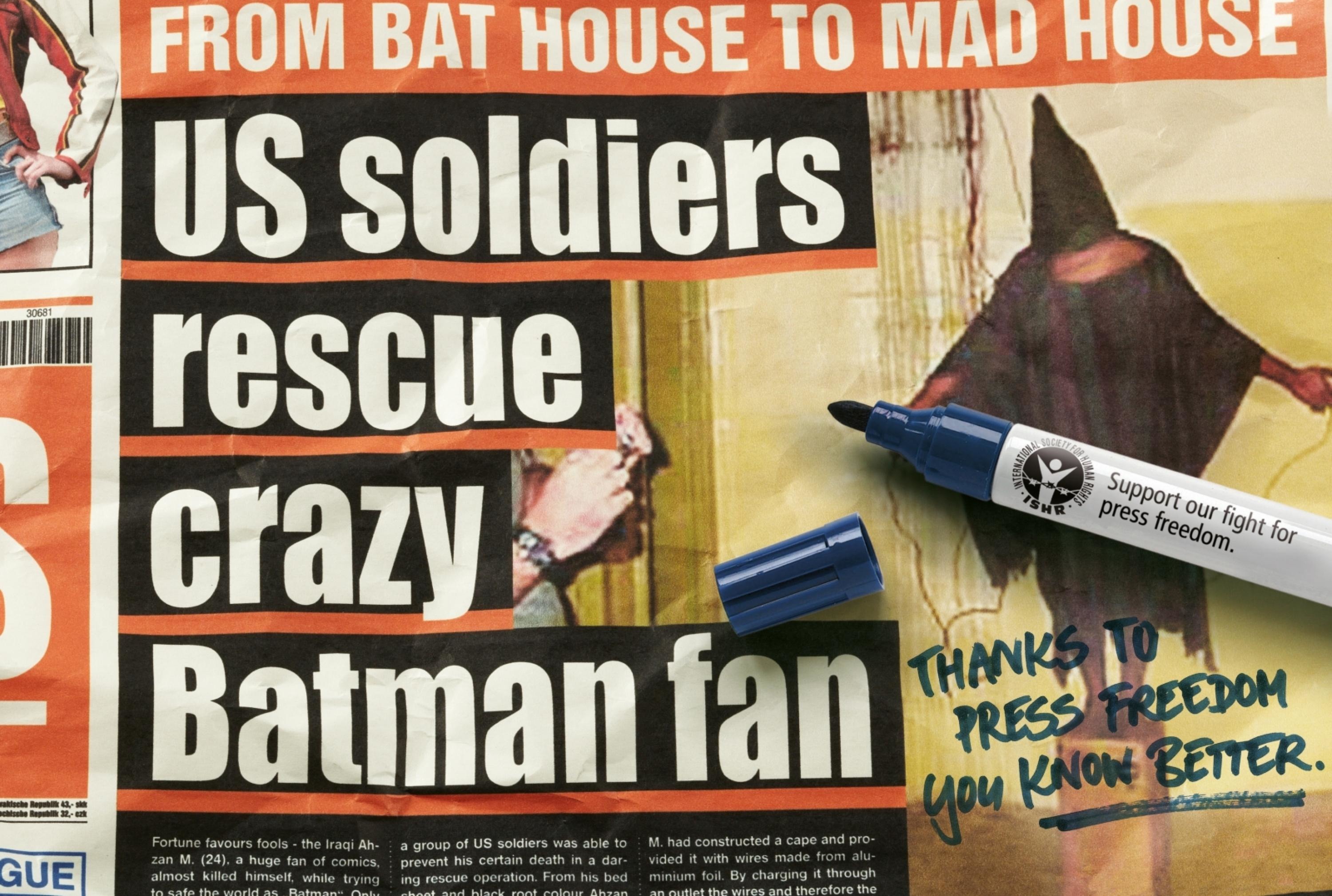Spikes Asia
Tough People vs Shock Collar
HECKLER SG, Singapore / SPCA / 2022


Overview
Entries
Credits
Overview
Background
Shock collars might be effective training devices for some, but for SPCA, they are torture devices. To show just that, we reached out to some of the meanest, strongest, and most badass people on the Internet: Singapore’s Strongest Man winner Taufiq, Spartan Elite APAC Champion Jon Kelly, and the first female Singaporean gold boxing medalist Efasha. We rounded these strong people up and zapped them with a 4500 volt shock collar, and what we saw were the very raw reactions of pain, agony, and fear, raising the question in the audience as to whether or not our canine friends should be subjected to this treatment in the name of discipline.
Idea
While many countries have banned or restricted the use of electric shock collars, Singapore remains an exception. With the rising number of abuse cases involving these collars, SPCA had to act. We created an unfiltered and intimate film that showcases the very real pain an electric shock collar can inflict on some of Singapore’s strongest humans; raising questions in the viewers mind of whether an animal should have to face the same. Stills of the visceral reactions of the athletes were also shared on social media. The purely online campaign led to a website which collected signatures to petition against the device. With this campaign, SPCA aims to shift the public’s opinion of shock collars from acceptance to rejection and promote force-free training methods.
Strategy
There is a common misconception that shock collars ‘doesn’t hurt’ or bring harm to the animals. SPCA disagrees, and to show just how much pain it can potentially inflict; we wanted put it to the test on humans. Just not any group of people—but Singapore’s toughest. We reached out to micro influencers and convinced them to basically get zapped. It was crucial that the influencers we used were not super big influencers. It was to maintain that sense of relatability, and authenticity that there were ordinary people, just like you and me. They just happen to be really tough as well. As they were all active in the online sphere, they helped to spread the video awareness and drive people to the SPCA website where a petition await.
Execution
While many countries have banned or restricted the use of electric shock collars, Singapore remains an exception. With the rising number of abuse cases involving these collars, SPCA had to act. We created an unfiltered and intimate film that showcases the very real pain an electric shock collar can inflict on some of Singapore’s strongest humans; raising questions in the viewers mind of whether an animal should have to face the same. Stills of the visceral reactions of the athletes were also shared on social media. The purely online campaign led to a website which collected signatures to petition against the device. With this campaign, SPCA aims to shift the public’s opinion of shock collars from acceptance to rejection and promote force-free training methods.
Outcome
Picked up by local online editions of local newspapers, as well as on global platforms like DesignTaxi. It also sparked a spirited discussion among supporters of the collars and people who were against the collars. Within a week of the film launch, over 7000 signatures were collected on the website. A lobbying firm in the UK also reached out to express their ‘disappointment’ at the ‘factual inaccuracies’ depicted in the film, which SPCA promptly ignored. The film was also shared globally by animal shelters, dog trainers, and pet hospitals from as far as Peru. Ultimately, the government took notice, and Member of Parliament Louis Ng raised the issue while in a session. The Ministry of Development has formed a special task force to review the use of shock collars, and the results will be out in early 2022.
Similar Campaigns
12 items



